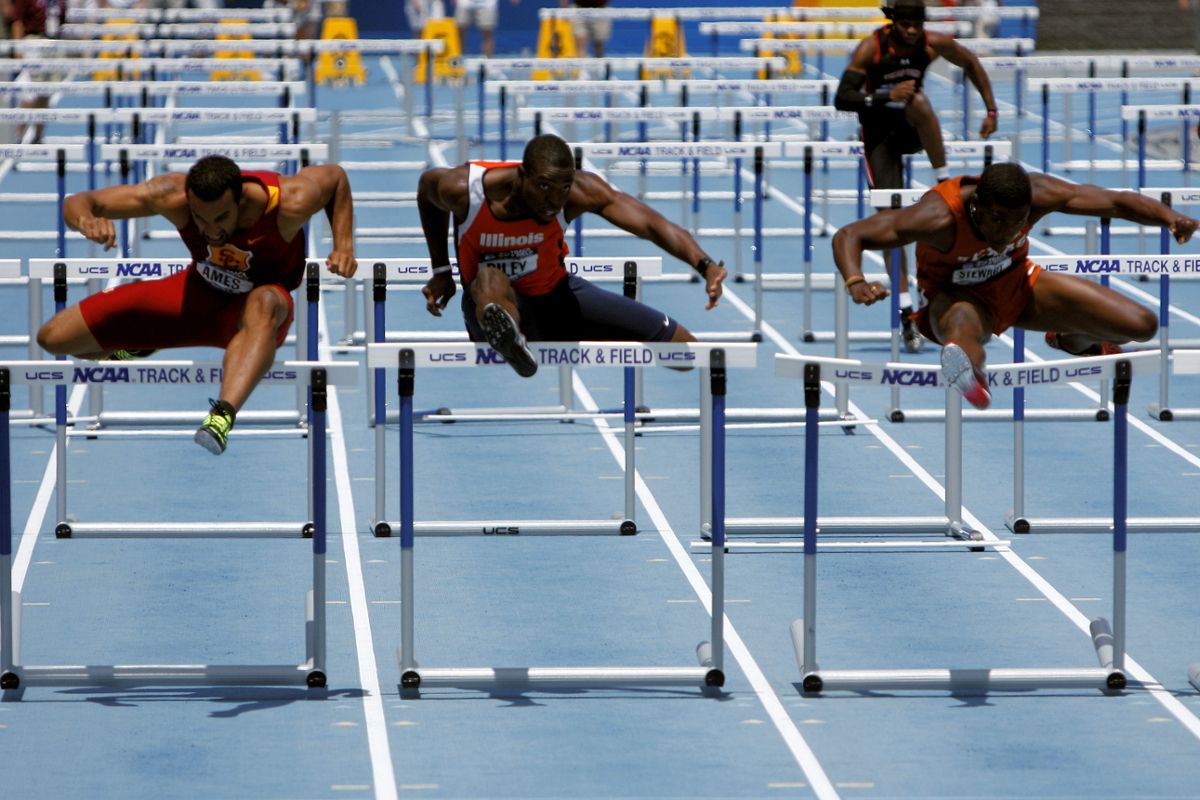Y: You ready for the race, Don?
D: Just finishing my warm ups. Hey, would you do me a favor? Whatever happens, tell me I won when I finish.
Y: Even if you don’t win?
D: Yep. I want to test something out.
Y: My acting skills?
D: No, I just want to see how I feel if I believe I won. We’ve known men’s testosterone levels increase after they win a competition, but scientists weren’t sure the increase resulted from the physical effort it took to win, or just from participants believing they had won. Turns out, it may be the latter. To find out, researchers took saliva samples from thirty-eight men in their twenties to test their hormone levels, and had them fill out psychological questionnaires asking about their self-esteem and perceived value as a mate. Then the participants competed against one another on rowing machines. The machines were rigged to declare a winner randomly, regardless of who actually rowed better, but the participants didn’t know that. Afterwards, researchers took saliva samples again, and had participants retake the questionnaires. They found that testosterone levels increased by 4.92% on average in men who believed they won, and dropped 7.24% in men who thought they lost. The self-perceived winners also thought more highly of their mate value, and reported that they were more likely to approach women.
Y: Okay, but I don’t understand how you’ll think you won when you cross the finish line if you see a bunch of runners already there.
D: Just let me enjoy my split second of false victory.









